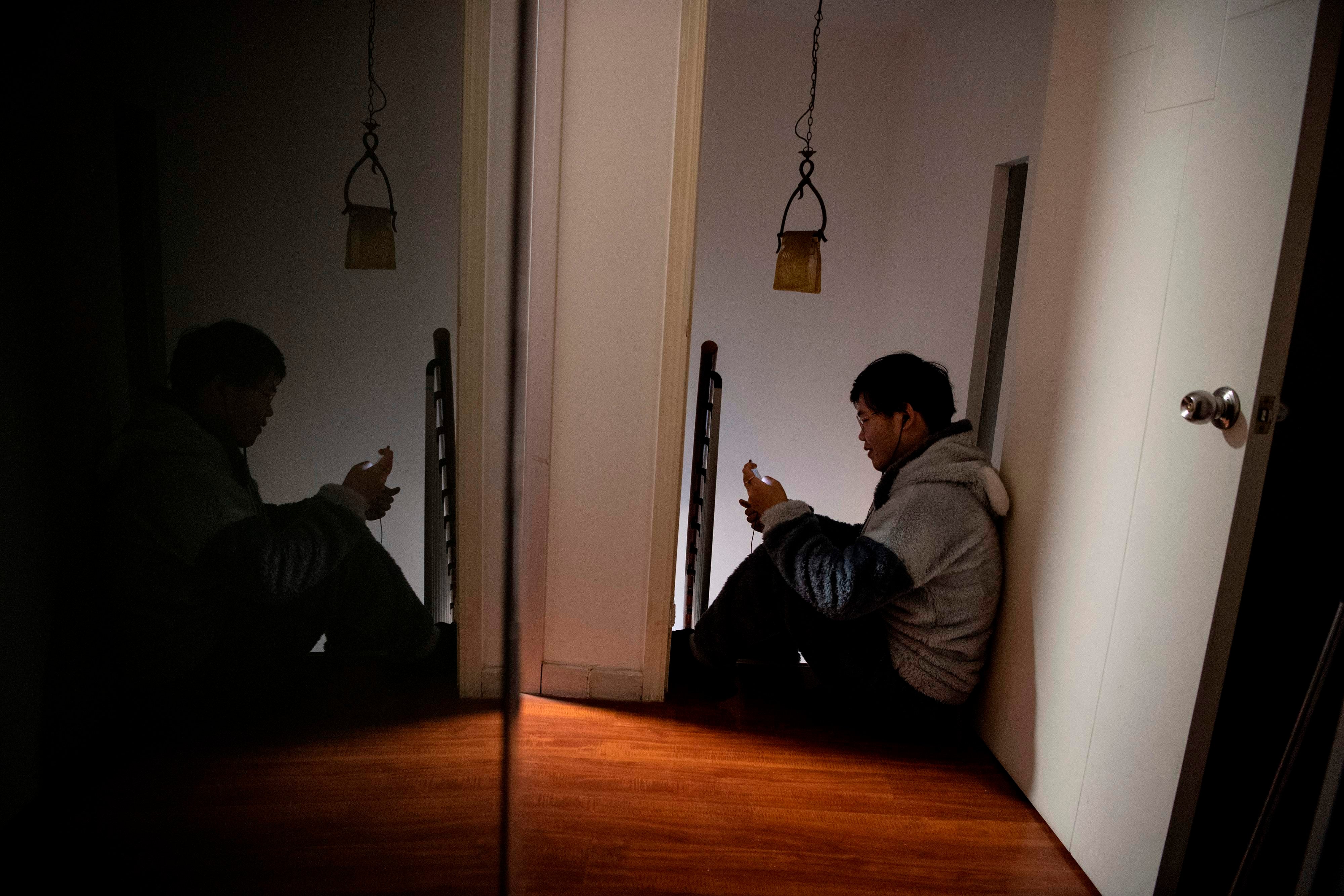Your support helps us to tell the story
From reproductive rights to climate change to Big Tech, The Independent is on the ground when the story is developing. Whether it’s investigating the financials of Elon Musk’s pro-Trump PAC or producing our latest documentary, ‘The A Word’, which shines a light on the American women fighting for reproductive rights, we know how important it is to parse out the facts from the messaging.
At such a critical moment in US history, we need reporters on the ground. Your donation allows us to keep sending journalists to speak to both sides of the story.
The Independent is trusted by Americans across the entire political spectrum. And unlike many other quality news outlets, we choose not to lock Americans out of our reporting and analysis with paywalls. We believe quality journalism should be available to everyone, paid for by those who can afford it.
Your support makes all the difference.
China witnessed a record 20 per cent plunge in marriages last year, marking the steepest decline ever recorded and raising further concerns about the country’s shrinking population.
Despite government initiatives to encourage young couples to marry and have children, the number of registered marriages plummeted to just over 6.1 million, a significant drop from 7.68 million in 2021.
This decline underscores a growing reluctance among young Chinese to embrace traditional family life. Experts point to the soaring costs of childcare and education as major deterrents.
Furthermore, recent economic stagnation has exacerbated the situation, leaving many graduates struggling to find stable employment and fostering widespread job insecurity.
The severity of the drop is unprecedented.

Even during the height of the Covid-19 pandemic in 2020, marriage registrations only decreased by 12.2 per cent, according to demographer Yi Fuxian of the University of Wisconsin-Madison.
This highlights the depth of the current demographic challenge facing China.
He noted that the number of marriages in China last year was less than half of the 13.47 million in 2013.
If this trend continues, “the Chinese government’s political and economic ambitions will be ruined by its demographic Achilles’ heel,” he said.
For Chinese authorities, boosting interest in marriage and baby-making is a pressing concern.
China has the second-biggest population in the world at 1.4 billion – one that is aging quickly.
The birth rate fell for decades due to China’s 1980-2015 one-child policy and rapid urbanisation. And in the coming decade, roughly 300 million Chinese – the equivalent of almost the entire US population – are expected to enter retirement.
Measures taken last year by authorities to tackle the problem included urging China’s colleges and universities to provide “love education” to emphasise positive views on marriage, love, fertility and family.
In November, China’s state council or cabinet, also told local governments to direct resources towards fixing China’s population crisis and spread respect for childbearing and marriages “at the right age.”
Last year saw a slight rise in births after a lull due to the pandemic and because 2024 was the Chinese zodiac year of the dragon – with children born that year considered likely to be ambitious and have great fortune.
But even with the increase in births, the country’s population fell for a third consecutive year.
The data also showed that more than 2.6 million couples filed for divorce last year, up 1.1 per cent from 2023.

